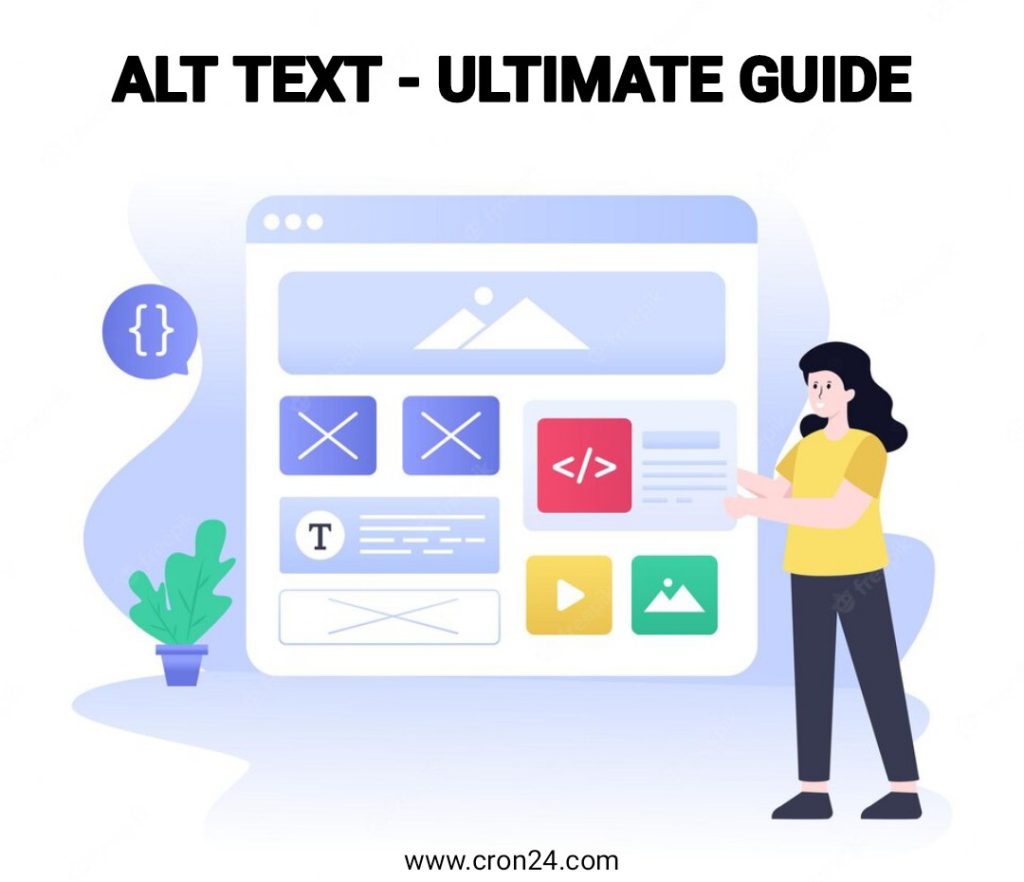What You Need To Know About Alt Text And How To Use It
Travel

Alt Text (Alternative Text):
Alt text, also known as alternative text or alt attribute, is a textual description added to an image on a website. It serves as a replacement for the image when the image cannot be displayed or when the user is utilizing a screen reader or other assistive technology. Alt text is primarily used to provide context and information about the image's content for users who may have visual impairments or disabilities that prevent them from seeing the image.
Types of Alt Text:
1. Decorative Alt Text:
This type of alt text is used for images that are purely decorative and do not convey any meaningful information. It's used to indicate to screen readers that the image doesn't need to be described because it doesn't add any content to the page.
Example: <img src="decorative-image.jpg" alt="" />
2. Descriptive Alt Text:
This type of alt text provides a concise and accurate description of the image's content. It conveys the essential information the image is meant to portray.
Example: <img src="cat-playing-with-ball.jpg" alt="A cat playing with a colorful ball of yarn." />
How to Use Alt Text for SEO:
- Be Descriptive:
Write alt text that accurately describes the image's content. Use relevant keywords naturally, but avoid keyword stuffing.
- Keep it Concise:
Aim for a brief and concise description. Generally, alt text should be around 125 characters or less.
- Be Specific:
Provide specific details about the image. If it's a product image, include the product name, brand, and other relevant details.
- Context Matters:
Ensure the alt text aligns with the context of the page. It should seamlessly integrate with the surrounding content.
- Avoid Repetition:
If multiple instances of the same image appear on a page, use varied alt text to prevent redundancy.
- Decorative Images:
For purely decorative images, use empty quotation marks (alt="") to indicate that the image is decorative and doesn't require description.
- Testing:
Regularly check the effectiveness of alt text by using screen readers or accessibility tools to verify that the text accurately conveys the image's content.
So, Alternative text helps people who can't see images, and it also makes websites show up better on search engines. We create helpful descriptions (alt text) for images that explain what they're about. This makes websites easier to use and more popular on the internet. If you need this kind of help or any other SEO services we can make sure your website is easy to use and shows up well in search results.
Thank you for spending your valuable time with us.

